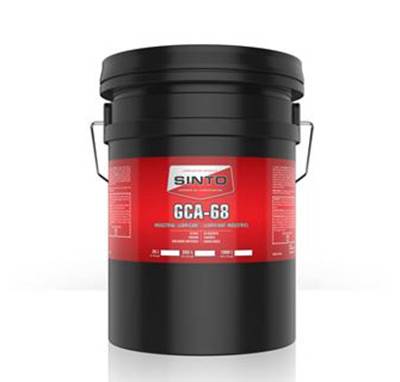Aug . 21, 2024 17:12 Back to list
Using PVC Pipe for Efficient Garden Irrigation Systems and Water Management Solutions
PVC Pipe for Garden Irrigation A Durable and Efficient Solution
When it comes to garden irrigation, efficiency, durability, and cost-effectiveness are key considerations for any gardener or landscaper. A popular choice that ticks all these boxes is the use of PVC (Polyvinyl Chloride) pipes. PVC pipes have gained immense popularity over the years for various reasons, including their corrosion resistance, lightweight nature, and ease of installation, making them ideal for both residential gardens and larger agricultural applications.
Advantages of Using PVC Pipes
One of the primary advantages of PVC pipes is their resistance to corrosion and chemical reactions. Unlike metal pipes, which can rust and degrade over time, PVC pipes can withstand the harsh chemicals often found in fertilizers and pesticides. This longevity translates into lower maintenance costs, as gardeners do not frequently need to replace their irrigation systems.
Another benefit is the lightweight property of PVC. This makes it easier for gardeners to handle during installation. Unlike heavier metal pipes that require additional tools and labor, PVC pipes can be easily cut to size using a simple hacksaw. Their lightweight nature also makes transport straightforward, which is particularly beneficial for larger gardening projects.
The flexibility of PVC piping allows for a variety of irrigation systems. Whether you are planning a drip irrigation system, a spray system, or even laying out a simple soaker hose, PVC pipes can adapt to your needs. This adaptability is further enhanced by the multitude of fittings and connectors available in PVC, which allows for custom configurations to suit your garden layout.
Installation and Maintenance
pvc pipe for garden irrigation

Installing PVC pipes for garden irrigation is straightforward, even for those with limited plumbing experience. The first step involves planning the layout of your irrigation system. Once you have determined where the pipes will run, you can cut the PVC to size. It's crucial to use primer and glue specifically designed for PVC to ensure a watertight seal at every joint.
Maintenance of PVC irrigation systems is minimal. Regular checks for blockages or leaks are about all that’s needed to keep the system operating efficiently. If you notice any leaks at joints, they can be easily repaired with additional PVC glue. Unlike some irrigation systems that can become clogged over time, properly installed PVC pipes tend to maintain their flow without frequent interventions.
Environmental Considerations
In terms of environmental impact, PVC piping is noteworthy. The production process of PVC is energy-efficient compared to other materials, and its long lifespan means fewer resources are consumed over time for replacements. Additionally, using an efficient irrigation system minimizes water waste, which is crucial in areas facing water scarcity. A well-designed PVC irrigation system can deliver water directly to the roots of plants, ensuring efficient use of this precious resource.
Conclusion
In conclusion, PVC pipes offer a versatile, durable, and cost-effective solution for garden irrigation. Their resistance to corrosion, ease of installation, and low maintenance requirements make them ideal for gardeners of all levels. Additionally, their adaptability allows for various irrigation methods tailored to specific gardening needs. As we face increasing challenges regarding water resources and environmental sustainability, choosing PVC for garden irrigation can contribute to efficient and responsible gardening practices. Invest in PVC piping today and ensure your garden remains vibrant and flourishing for years to come!
-
Durable PVC Pipe Fittings for Plumbing & Irrigation Needs
NewsAug.18,2025
-
HDPE Steel Belt Reinforced Spiral Corrugated Pipe | High Strength
NewsAug.17,2025
-
HDPE Pipe Fittings: Durable, Leak-Proof Solutions
NewsAug.16,2025
-
Premium CPVC Sheet: High-Temp & Chemical Resistant Solutions
NewsAug.15,2025
-
Durable PPR Pipe for Hot & Cold Water Systems - Easy Install
NewsAug.14,2025
-
Durable HDPE Sheet | Versatile & Impact-Resistant Plastic
NewsAug.13,2025

